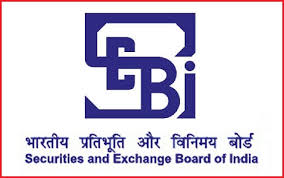
Every specified company shall file in MSME Form I details of all outstanding dues to Micro or small enterprises suppliers (whose payment is due or not paid within 46 days) dealing with MSME shall mandatorily file a return with MCA in e-form MSME-1.
Directors of companies delaying payments for supplies made by small businesses will face imprisonment up to six months or pay fines between Rs 25,000 and Rs 3,00,000.
The Ministry of Corporate Affairs has notified new guidelines to address the concerns of small businesses over delayed payments that not only makes it mandatory for all companies to file half yearly returns detailing outstanding dues to MSME suppliers but also assign reasons if such delays are for more than 45 days.
The new rules have been implemented to put pressure on companies to pay up.
Under the proposed changes, every private and public company will mandatorily file “MSME FORM I” with the the Registrar of Companies (RoC) by February 22 with details of all outstanding dues to MSME suppliers existing on the date of notification of rules on January 22.
In addition, all entities will also have to file a return as per MSME Form I by October 31 for the period from April to September and by April 30 for the period from October to March.
If there are any delays in payments, it has to be mentioned in the returns with the MCA reserving the right to penalise defaulting entities.
In order to ensure adherence to the new rules, MCA has also proposed a fine of up to Rs 25,000 on companies defaulting in filing the information or delaying payments.
The fines for directors, chief financial officer and company secretary of a defaulting company has been specified at not less than Rs 25,000 up to Rs 3,00,000 per person with provision also for imprisonment up to six months.
The new rules will be applicable for every company that received goods or services ‘from’ MSME segment for which payment is due for 45 days or more.
The companies that have no outstanding payments to MSMEs or such outstanding payments are not for more than 45 days are not required to file details in the specified form.
For the purpose of new rules, MSMEs are defined on the basis of capital investment made in plant and machinery, excluding investments in land and building.
Manufacturing units having investment below Rs 25 lakh were termed Micro, those between Rs 25 lakh and Rs 5 crore termed as Small and from Rs 5 crore to Rs 10 crore as Medium.
Similarly, for Service units, corresponding investment thresholds were upto Rs 10 lakh Micro, between Rs 10 lakh to Rs 2 crore Small and between Rs 2 crore to Rs 5 crore Medium.
Source: Business Standard





